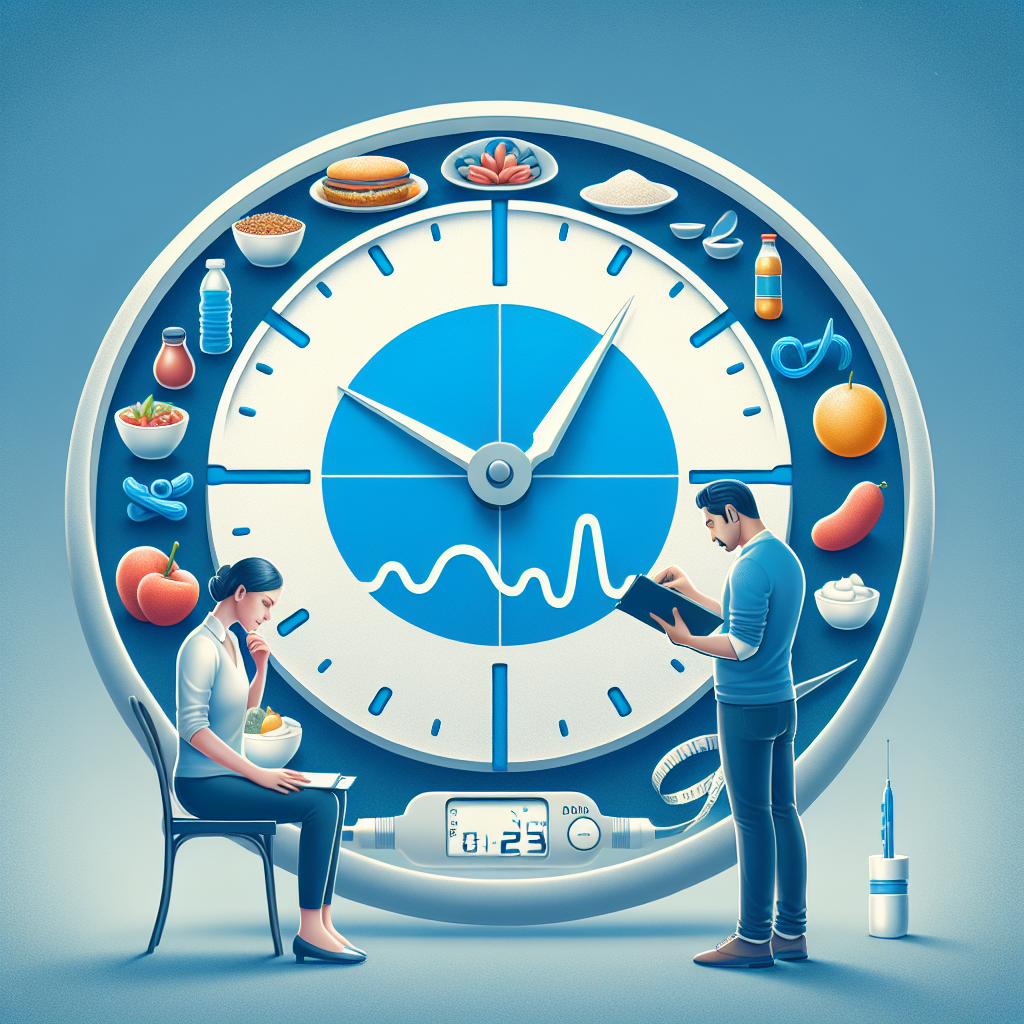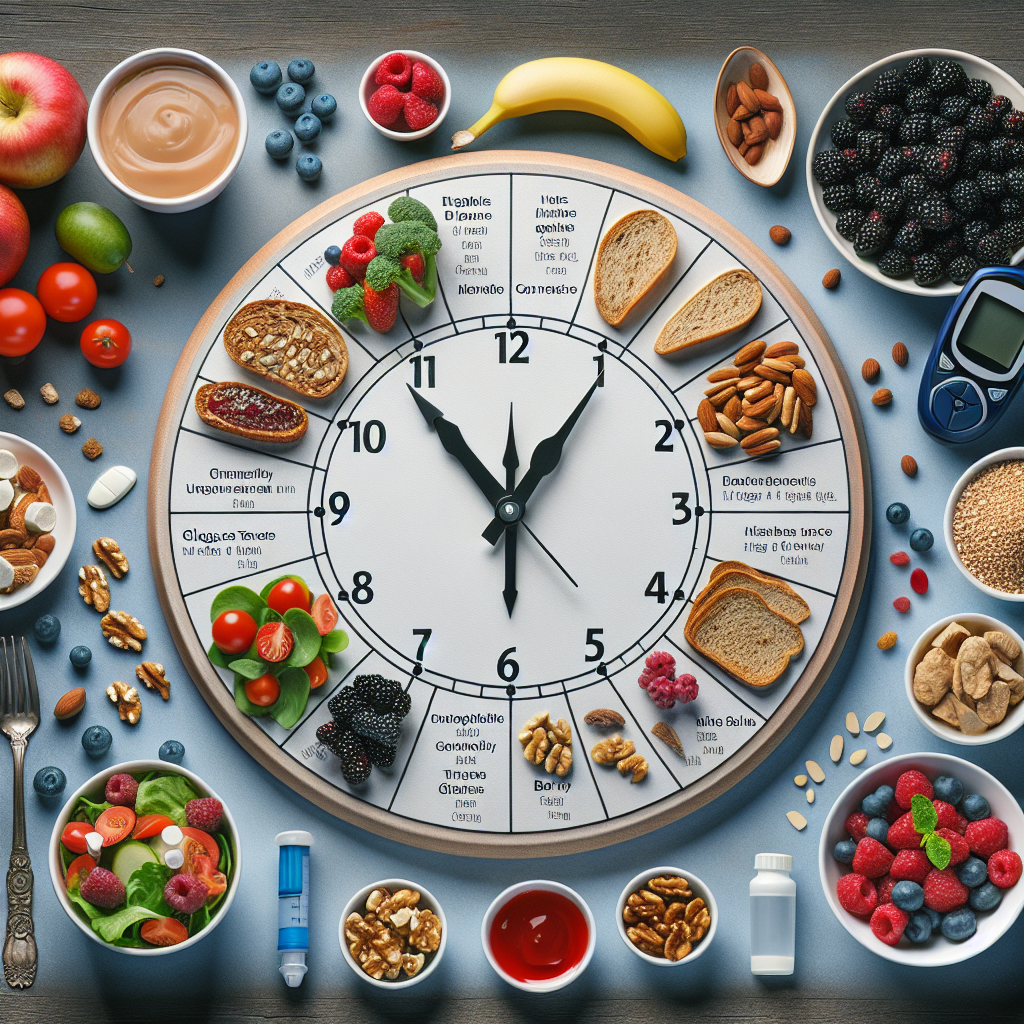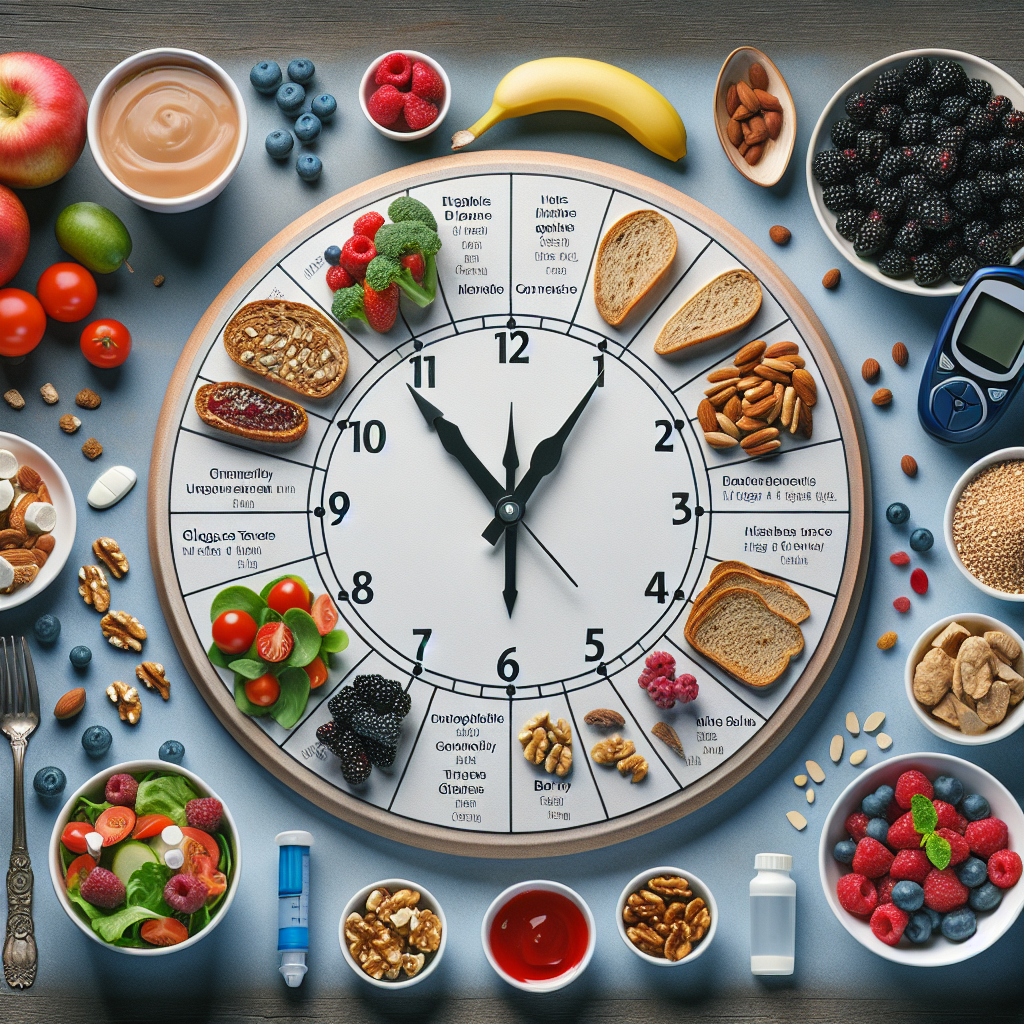Having diabetes can be challenging, and one of the key aspects to managing this condition is maintaining a healthy eating schedule. But how many times a day should diabetics eat? It’s a common question that deserves a clear answer. In this article, we will explore the recommended frequency for meals and snacks for individuals living with diabetes. By understanding this crucial aspect of managing diabetes, you can take control of your health and make informed dietary choices.
How Many Times A Day Should Diabetics Eat?
When it comes to managing diabetes, understanding how frequently to eat plays a crucial role in maintaining blood sugar levels. The number of times a day diabetics should eat largely depends on individual factors such as medication, insulin regimen, activity level, and overall health. It’s important to remember that there isn’t a one-size-fits-all answer, and consulting with a healthcare professional or registered dietitian is always recommended for personalized guidance.

Understanding Dietary Recommendations for Diabetics
Diet plays a significant role in managing diabetes, and it is essential for diabetics to follow a well-balanced and nutritious meal plan. The American Diabetes Association recommends individuals with diabetes to strive for a consistent carbohydrate intake throughout the day. This means consuming meals and snacks that include healthy carbohydrates, proteins, and fats to maintain stable blood sugar levels.
Importance of Meal Frequency in Managing Diabetes
meal frequency is a critical aspect of managing diabetes because it affects blood sugar control. Spreading out meals and snacks throughout the day helps prevent spikes and drops in blood sugar levels. By eating regularly, you can support a steady release of energy, promote better insulin utilization, and minimize fluctuations in blood glucose levels.
Factors to Consider for Meal Planning
When deciding how many times a day to eat, several factors should be taken into consideration. These factors can include the type of diabetes you have, your medication or insulin regimen, physical activity level, and individual preferences. It’s important to work with a healthcare professional or registered dietitian to determine the optimal number of meals and snacks for your specific needs.
The Role of Carbohydrates in Diabetic Diet
Carbohydrates play a significant role in the diabetic diet as they directly impact blood sugar levels. Complex carbohydrates, such as whole grains, legumes, and vegetables, are recommended over simple carbohydrates like refined sugars. Spreading out carbohydrate intake throughout the day helps prevent blood sugar spikes and provides a steady source of energy. It’s important to monitor portion sizes and choose high-fiber carbohydrates for better glycemic control.

Balancing Blood Sugar Levels with Protein and Fat
In addition to carbohydrates, protein and fat are also essential components of a diabetic diet. Including lean sources of protein, such as poultry, fish, tofu, and beans, can help stabilize blood sugar levels. Healthy fats from sources like avocados, nuts, and olive oil provide satiety and further contribute to stable blood glucose control. Balancing the intake of these macronutrients is crucial for overall well-being and diabetes management.
The Benefits of Regular Meal Timing
Establishing a regular meal schedule is beneficial for individuals with diabetes. Consistency in meal timing helps regulate blood sugar levels and aids in maintaining a healthy weight. It can also assist in managing hunger and preventing overeating. Establishing a routine and spacing meals and snacks evenly throughout the day can be an effective strategy for stable blood glucose control.

Effects of Skipping Meals on Diabetes Management
Skipping meals can have negative effects on diabetes management. It can lead to erratic blood sugar levels, which can be problematic for individuals relying on insulin or medication to regulate their diabetes. Additionally, skipping meals often results in increased hunger and a tendency to overeat later in the day. It is recommended to avoid skipping meals and instead focus on consuming regular, well-balanced meals and snacks.
Eating Strategies for Different Types of Diabetes
Different types of diabetes may require specific eating strategies. For individuals with type 1 diabetes who use insulin, it is crucial to plan meals and snacks accordingly to match insulin doses. Consistency in carbohydrate intake and meal timing is vital for proper insulin management. On the other hand, individuals with type 2 diabetes may benefit from portion control and weight management strategies, which can involve eating smaller, more frequent meals throughout the day.

Choosing the Right Snacks for Diabetics
Snacks play a significant role in managing diabetes by preventing prolonged periods without eating and helping to maintain stable blood sugar levels. Opting for snacks that combine protein, healthy fats, and complex carbohydrates is ideal for sustained energy and better glycemic control. Some healthy snack options for diabetics include Greek yogurt, raw nuts, sliced vegetables with hummus, or a small apple with almond butter.
Consulting with a Registered Dietitian for Personal Guidance
When it comes to managing diabetes through proper nutrition, consulting with a registered dietitian can provide invaluable support. A dietitian can help create a personalized meal plan that suits your individual needs and preferences. They can offer guidance on portion control, carbohydrate counting, and strategies for managing blood sugar levels. Working with a professional ensures that you receive accurate and reliable information tailored to your specific situation.
In conclusion, the ideal number of times a day for a diabetic to eat varies depending on individual factors. However, maintaining consistency in meal timing, spreading out carbohydrate intake, and including a mix of protein and healthy fats are all essential aspects of managing diabetes. By working with healthcare professionals and following dietary recommendations, individuals with diabetes can effectively control their blood sugar levels, optimize their overall health, and lead fulfilling lives.


